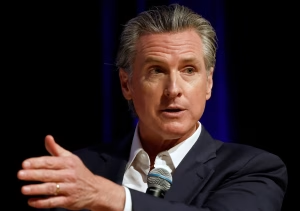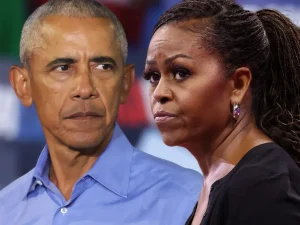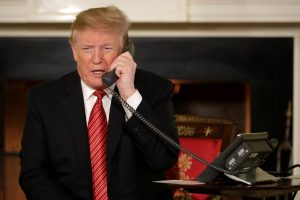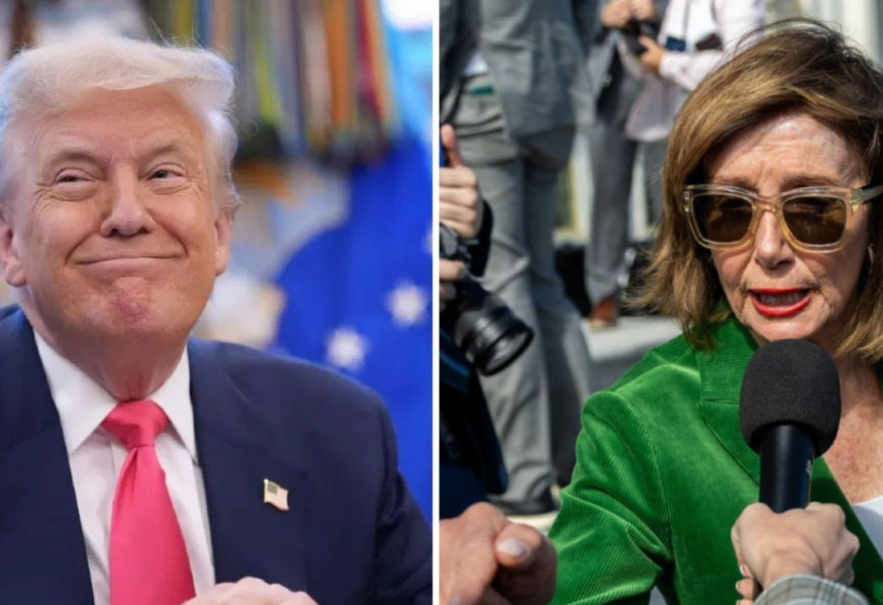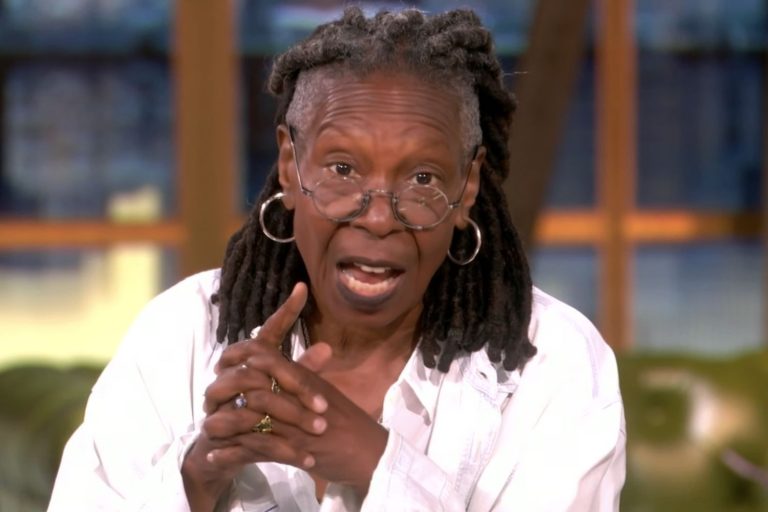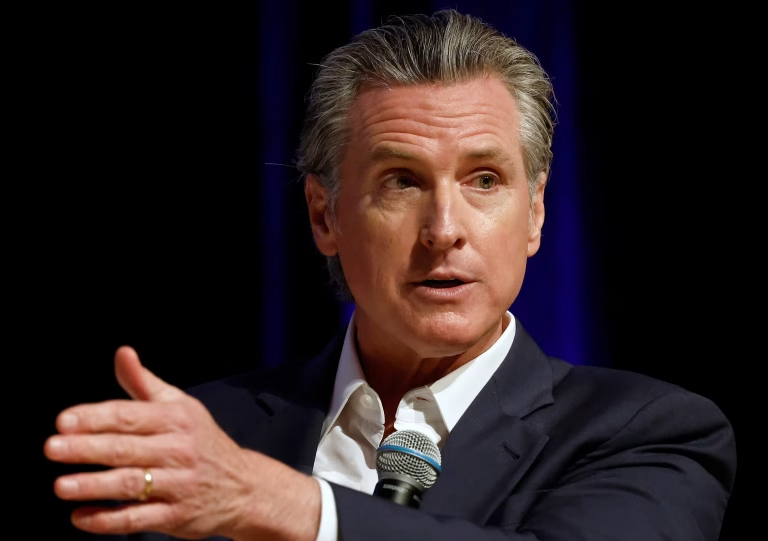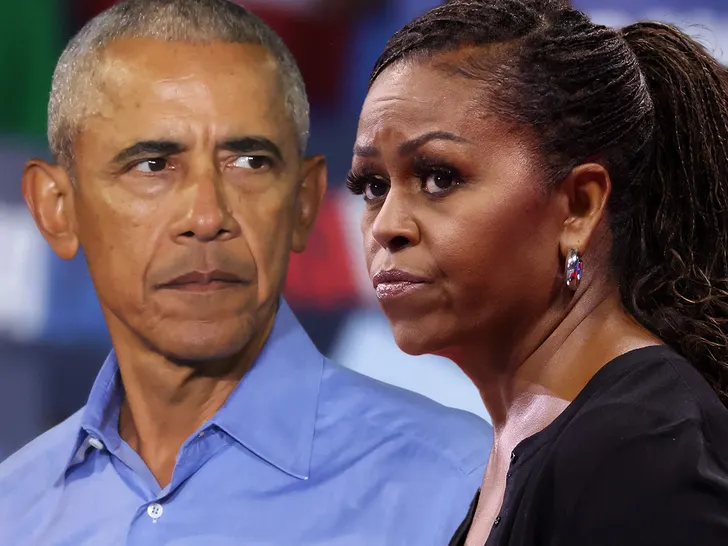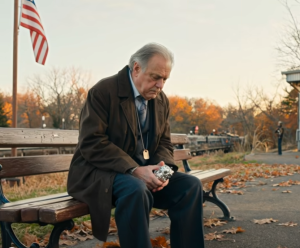President Donald Trump has announced that federal law enforcement will expand its crime-reduction efforts to San Francisco, marking the latest phase in his administration’s intensifying campaign to tackle violent and organized crime in major American cities.
The announcement, delivered from the Oval Office, signals a continuation of the administration’s broader domestic focus on public safety, federal-state cooperation, and visible law-and-order policy. While the president emphasized that the initiative will involve coordination with local agencies and community partners, the details of the plan remain tightly held, leaving observers to speculate about its scale and structure.
Trump described the move as a response to widespread concerns about safety and urban decay in San Francisco. He portrayed the decision as part of a mission to “restore the nation’s great cities” and to ensure that “Americans can live without fear in their own neighborhoods.”
Though the president praised federal law enforcement for its previous achievements, he avoided citing specific figures or comparisons. He instead framed the upcoming San Francisco effort as a continuation of what he called “a national commitment to safety, justice, and accountability.”
Federal Agencies in Focus
Senior administration officials say the initiative will involve a coalition of agencies — including the FBI, the Drug Enforcement Administration (DEA), and the Bureau of Alcohol, Tobacco, Firearms and Explosives (ATF) — coordinating with local police and prosecutors. The model, according to officials familiar with the planning, will draw from prior task forces that targeted violent offenders, gang networks, and narcotics distribution hubs in other cities.
Attorney General Pam Bondi, who has overseen several of the administration’s justice initiatives, reaffirmed the federal government’s intent to work “in partnership, not in isolation,” with state and municipal law enforcement. “We want to ensure that resources reach the officers who face the streets every day,” she said. “The president’s direction is clear — protect citizens, restore order, and strengthen the rule of law.”
In San Francisco, city officials have yet to comment publicly on the forthcoming federal engagement. Local law enforcement sources say early consultations have already begun, though questions remain about the division of responsibilities and how federal priorities will align with existing city policies.
A Broader Strategy of Federal Engagement
The announcement continues a pattern of the Trump administration expanding the role of federal law enforcement in local jurisdictions — particularly in Democratic-led cities where crime and public disorder have become political flashpoints. Supporters view the effort as overdue federal intervention in cities that have struggled with surges in property crimes, drug trafficking, and homelessness-related violence.
Critics, however, argue that such deployments risk undermining local autonomy and can blur the lines between policing, politics, and federal authority. Legal scholars note that while the federal government has long worked with local agencies through joint task forces, large-scale, highly publicized initiatives often carry political weight that extends beyond their stated security goals.
The administration has repeatedly framed these efforts as examples of its commitment to “peace through strength” in domestic affairs — a phrase that the president has used to link his public safety agenda with broader themes of national renewal.
White House officials say that the decision to focus on San Francisco reflects both symbolism and strategy. The city, often cited in national debates over homelessness, drug policy, and municipal governance, has become a shorthand for broader concerns about urban decline.
“San Francisco represents an opportunity to show that even the most challenging environments can be revitalized,” one senior aide said, speaking on background. “It’s about making the point that the federal government can be a partner for reform, not just a critic.”
Coordination and Uncertainty
While federal officials have praised the city’s existing police work, several agencies involved in the initiative are still finalizing their operational mandates. The FBI, DEA, and Department of Justice have reportedly established interagency working groups to identify areas of cooperation, particularly in countering organized crime and narcotics trafficking.
However, there are no indications yet of a large-scale or permanent federal deployment. Instead, sources describe the plan as a layered strategy: temporary federal support, investigative coordination, and increased funding for targeted operations.
Law enforcement experts note that such collaborations can yield results if properly structured — but also warn that political framing can distort operational priorities. “When these initiatives are driven by press conferences rather than sustained planning, the outcomes tend to vary,” said a former Justice Department official. “The key is whether it’s a true partnership or a top-down directive.”
Community Concerns and Reactions
Community advocates in San Francisco have expressed mixed reactions. Some have welcomed the promise of additional resources, citing the city’s rising concerns about open-air drug use, theft, and assaults. Others, particularly civil rights organizations, worry about potential overreach.
Maria Torres, a community organizer in the Mission District, said residents want safety but fear “another round of federal posturing.” “We’ve seen operations come and go,” she said. “If this is about working with us, not over us, it could help. But if it’s about headlines, it won’t.”
Business owners have likewise voiced cautious optimism. In parts of downtown, retailers and hospitality workers have reported significant losses linked to public safety issues. A coalition of business groups issued a statement urging “constructive cooperation between federal and local authorities,” adding that “restoring confidence in the city’s streets is essential to economic recovery.”
The Politics of Crime and Order
Analysts see the San Francisco focus as both a continuation of and a test for the administration’s broader domestic agenda. Crime and public safety have become central themes in Trump’s messaging, often paired with promises of urban renewal and infrastructure investment.
The president has repeatedly called for “stronger sentencing, cleaner streets, and safer neighborhoods,” framing public safety as not just a policing issue but a moral imperative. “A country that cannot protect its people cannot call itself great,” he said during a recent public address.
Republican lawmakers largely rallied behind the announcement, praising the administration’s focus on law enforcement empowerment. Senator Lindsey Graham said in a statement that federal engagement “demonstrates a seriousness about crime that Americans have been waiting to see.”
Democratic leaders, however, remain wary. Several members of Congress have criticized what they see as federal intrusion into local governance. They argue that long-term solutions to urban safety require addressing housing, addiction, and economic inequality — not only increasing law enforcement presence.
A Defining Moment for Policy and Perception
The San Francisco plan represents an inflection point for Trump’s law-and-order strategy: an attempt to turn political messaging into tangible results on the ground. The question now is whether federal involvement will produce measurable improvements or deepen partisan divides.
For supporters, the initiative signals a renewed seriousness about restoring public order. For skeptics, it raises concerns about federalism, accountability, and the enduring tension between policing and politics.
What remains clear is that the president’s focus on crime will continue to shape both his administration’s priorities and the nation’s debate over how to balance enforcement with local control. Whether San Francisco becomes a model of revitalization or another battleground in the political struggle over law and order will depend on what happens beyond the headlines — in the day-to-day cooperation between federal agents, local officers, and the communities they serve.

Emily Johnson is a critically acclaimed essayist and novelist known for her thought-provoking works centered on feminism, women’s rights, and modern relationships. Born and raised in Portland, Oregon, Emily grew up with a deep love of books, often spending her afternoons at her local library. She went on to study literature and gender studies at UCLA, where she became deeply involved in activism and began publishing essays in campus journals. Her debut essay collection, Voices Unbound, struck a chord with readers nationwide for its fearless exploration of gender dynamics, identity, and the challenges faced by women in contemporary society. Emily later transitioned into fiction, writing novels that balance compelling storytelling with social commentary. Her protagonists are often strong, multidimensional women navigating love, ambition, and the struggles of everyday life, making her a favorite among readers who crave authentic, relatable narratives. Critics praise her ability to merge personal intimacy with universal themes. Off the page, Emily is an advocate for women in publishing, leading workshops that encourage young female writers to embrace their voices. She lives in Seattle with her partner and two rescue cats, where she continues to write, teach, and inspire a new generation of storytellers.

